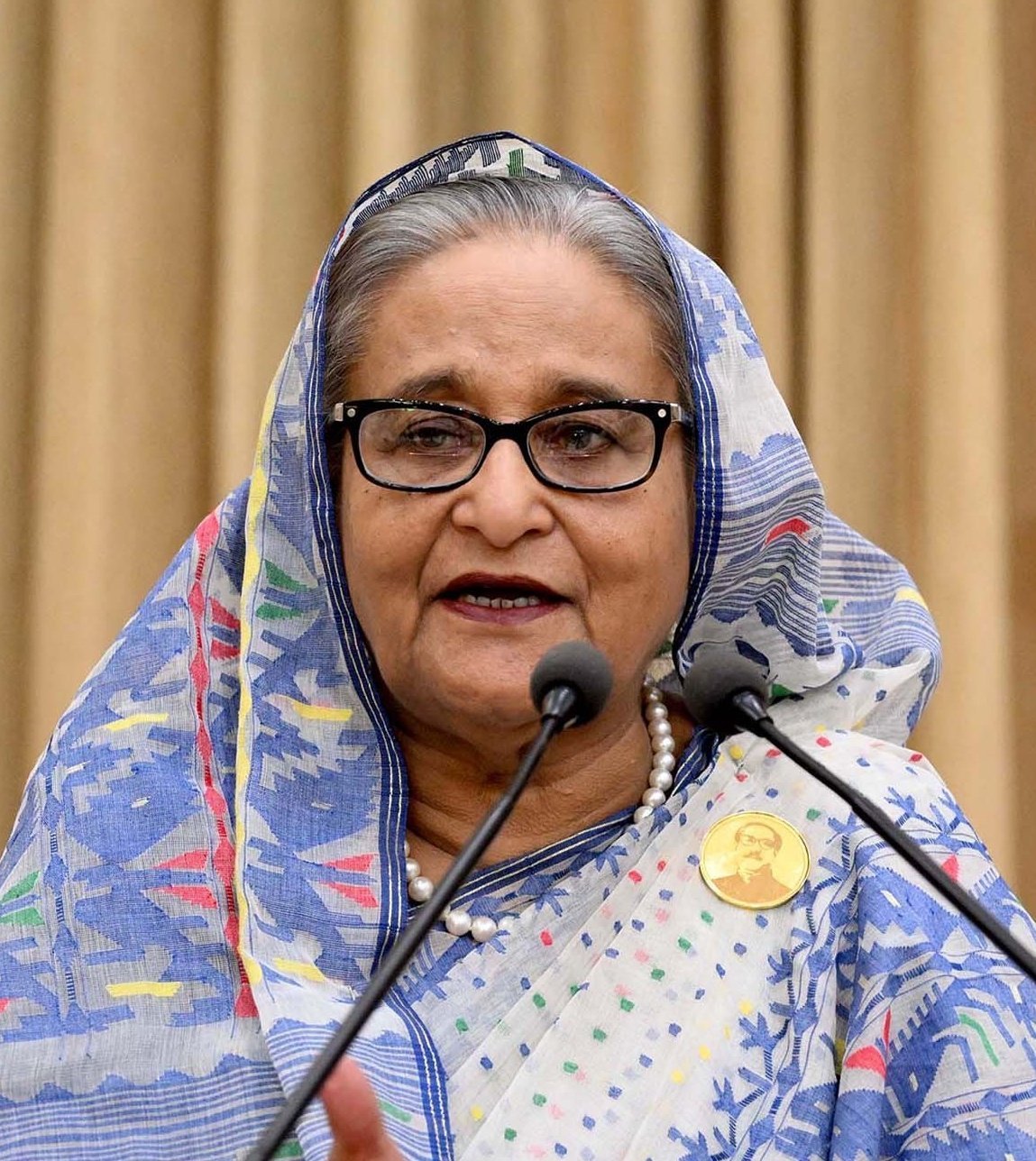Sheikh Hasina sentenced to death in Bangladesh
BANGLADESH- Sheikh Hasina, the former Prime Minister of Bangladesh, has been sentenced to death after being found guilty of crimes against humanity. The verdict was announced on November 17, 2025, by a special tribunal in Dhaka.
The court said Hasina ordered security forces to use deadly force against student protests in July and August 2024. Those protests began over rising food prices and unemployment but grew into a nationwide movement demanding her resignation. Reports from international groups say more than 1,000 people were killed and thousands more injured during the crackdown.
Hasina was tried in absentia because she fled to India in August 2024. India has not agreed to send her back despite repeated requests from Bangladesh’s interim government.
Other officials were also punished. Former Home Minister Asaduzzaman Khan received a death sentence, while a former police chief was given a five‑year prison term after testifying against Hasina.
Hasina, who ruled Bangladesh for about 15 years, rejected the charges. From exile, she called the trial politically motivated and accused the interim government of being extremist. She said the verdict was designed to silence her party, the Awami League, which has now been banned from contesting the February 2026 elections.
The ruling has created deep divisions in Bangladesh. Supporters of Hasina say the trial was unfair, while critics argue it was necessary to hold leaders accountable for violence against civilians. Observers warn that the verdict could increase political tension and possibly lead to new unrest ahead of the elections.
The case has also drawn international attention. Human rights groups condemned the violence of 2024 but expressed concern about the fairness of trials held in absentia. India’s refusal to extradite Hasina adds another layer of complexity, making it unlikely that the death sentence will be carried out.
Hasina is one of the most powerful figures in Bangladesh’s history. She first came to power in 1996 and later ruled continuously from 2009 until her ouster in 2024. Her government oversaw major economic growth but was also accused of corruption, authoritarian practices, and suppression of dissent. The death sentence marks the most dramatic legal action ever taken against a Bangladeshi leader.

